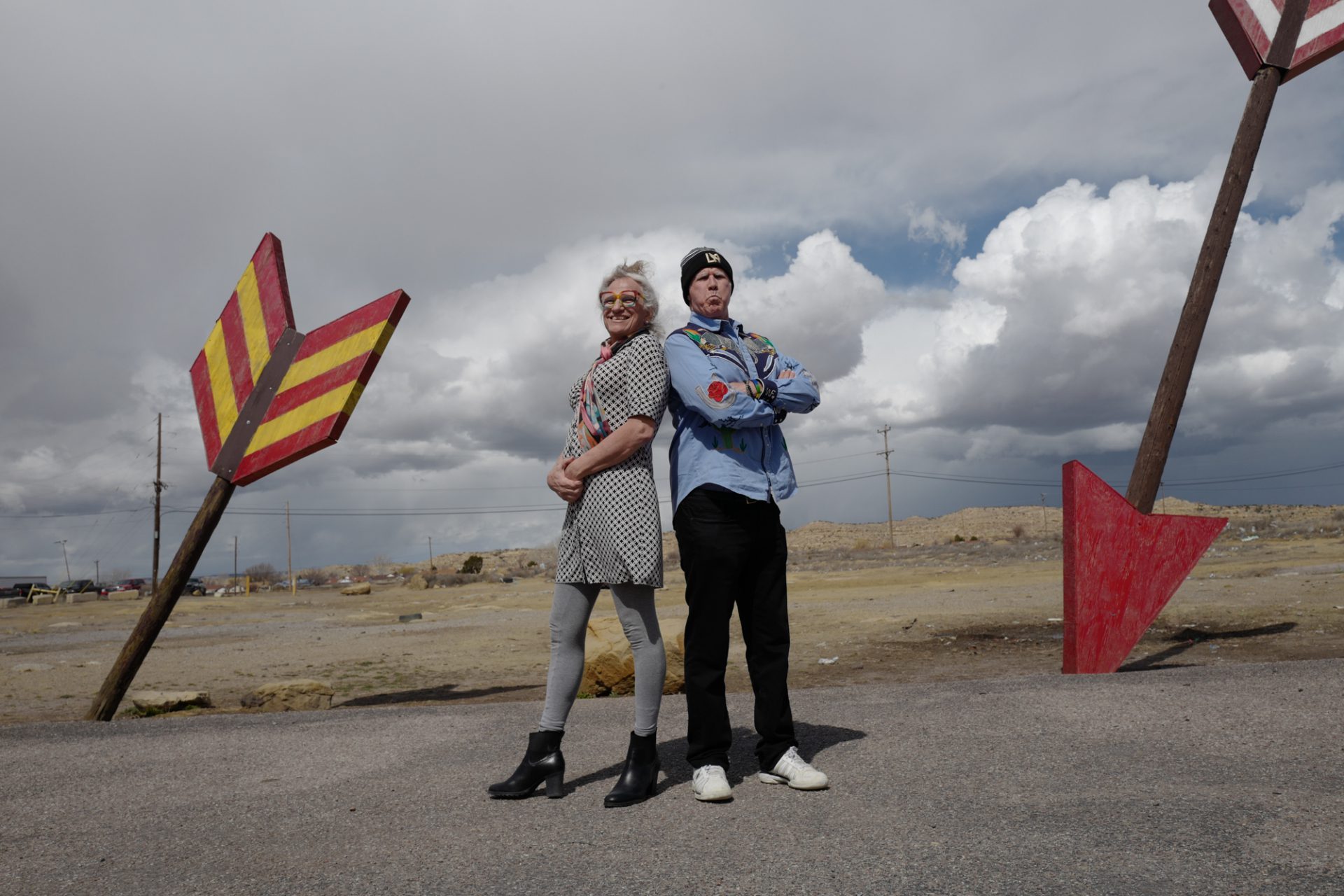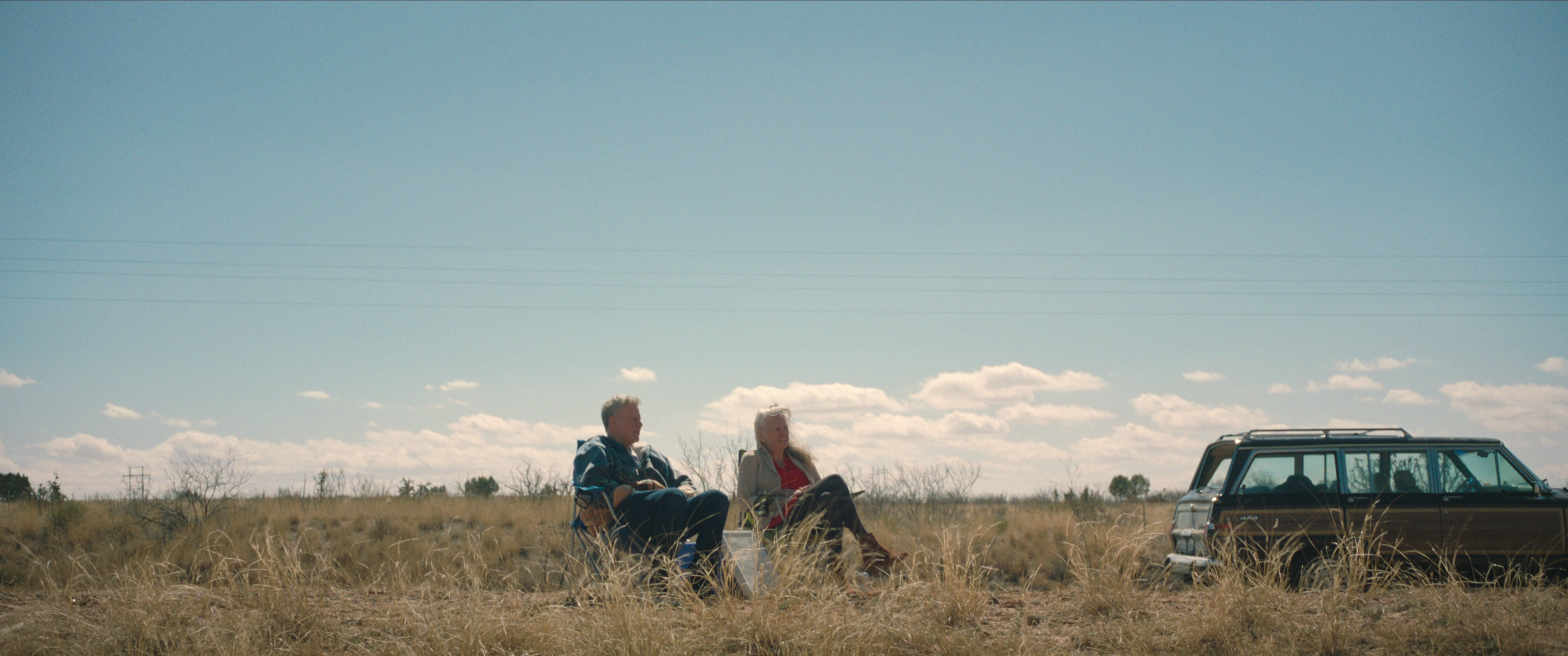The upcoming Netflix documentary Will & Harper features actor Will Ferrell and his longtime friend, Harper Steele, on an emotional road trip across the United States. Directed by Josh Greenbaum, the film follows Steele’s journey of coming out as a transgender woman and explores the impact of her transition on her decades-long friendship with Ferrell. The film balances moments of humor with heartfelt and meaningful discussions about identity, acceptance, and the power of friendship. The film also features Seth Meyers, Tina Fey, Kristen Wiig, Colin Jost, Will Forte, Molly Shannon, Tim Meadows, and Paula Pell.

Ferrell and Steele first met while working on Saturday Night Live in the mid-1990s, and this documentary, which begins in 2021, centers on Steele’s decision to transition later in life. The 16-day road trip becomes a shared experience of vulnerability and support, with Ferrell helping Steele navigate her fears of traveling as her authentic self. The documentary mixes Ferrell’s signature humor with deep conversations, creating a touching narrative that highlights the importance of allyship and empathy.

Will & Harper debuted at the 2024 Sundance Film Festival and will be released in select theaters on September 13, 2024, followed by a Netflix release on September 27. It has already garnered praise for its raw honesty and its potential to inspire greater understanding of transgender experiences. Critics have highlighted the documentary as both poignant and funny, capturing the complexities of friendship and personal growth.

Historically, trans representation in Hollywood has often been limited, inaccurate, or harmful. For years, trans characters were either completely absent from mainstream media or depicted in ways that perpetuated harmful stereotypes, leading to misconceptions and societal marginalization. However, as awareness grows about the significance of telling diverse stories, there has been a shift towards more authentic portrayals of trans individuals. Projects like Will & Harper play a crucial role in humanizing trans experiences, allowing audiences to see beyond stereotypes and appreciate the nuanced realities of transgender lives.

This documentary’s focus on Steele’s transition is significant because it features a personal, real-life story shared through the lens of friendship and support, rather than through sensationalized or tragic tropes. Such portrayals help challenge transphobia and prejudice by offering viewers a chance to engage with trans narratives in a way that highlights shared humanity. Ferrell’s involvement, as a beloved figure in comedy, brings trans issues into spaces where they may not have been discussed openly, particularly among his fanbase. By normalizing conversations about gender identity through humor and empathy, Will & Harper contributes to a broader cultural shift toward acceptance and inclusivity.

